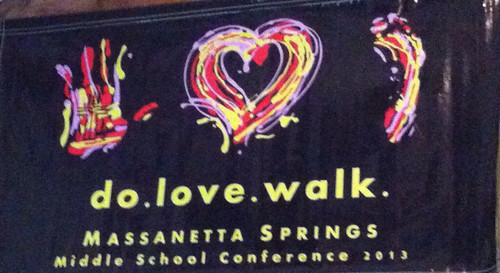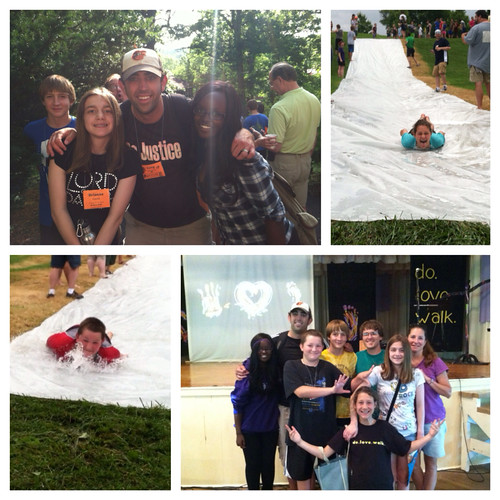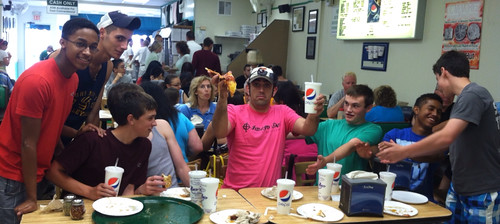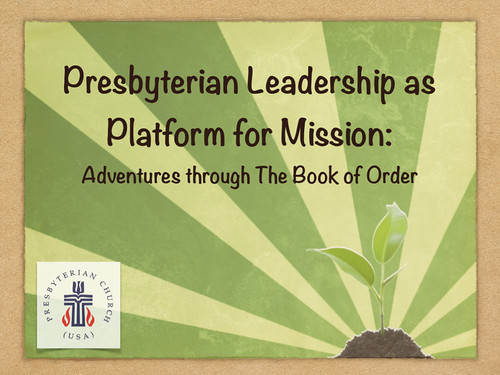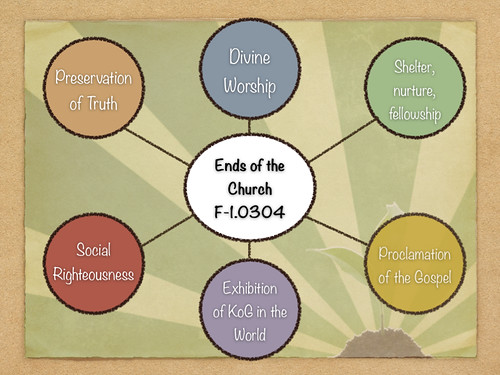"Because and to the extent that he is mighty in the community by His Spirit, that which [the church] does can and must be done with joy; its worship, its order, the fellowship of Christians, its mutual service, the celebration of the Lord's supper, even its teaching and theology can and must take on the character of a festival; and in it all God can and must be thanked and worshipped."
Karl Barth, Church Dogmatics IV: Doctrine of Reconciliation, p. 152
I love middle school ministry. Sure, there are quirks, drama, hormones, and attention spans of a millisecond (if you're lucky), but there is also a zeal for life and an untamed energy unable to be replicated by other seasons. They will ask thoughtful questions of faith and, within the same breath, ask if a giraffe throws up (yes, once and then they die) or a panda farts (also, yes...lots of bamboo). Their imaginations have yet to be co-opted by the daily grind and pressures of adulthood (or even high school).
I spent the past week at Massanetta Springs, a PCUSA conference and retreat center in Harrisonburg, VA, with over 400 middle school youth from around the country. We played, laughed, worshiped, confessed, learned, conversed about justice, practiced generosity, extended hospitality, and energized together as a collection of God's people from 12 years old to...well, I am not sure how old some of these adults are...
We embodied an intergenerational community that looks more like a festival than a church.
Or maybe the church is supposed to look like a festival in all it says and does?
Barth would agree. Middle school youth and all those gathered at 'Netta would probably agree, too.
Here's more of what I learned while surrounded by some of the youngest of Jesus' disciples.
Church- take notes :)
Worship as Joyous Festival
If a stranger were to walk into the open-air amphitheater and see what was taken place during one of the keynote sessions, Presbyterian worship would probably not be their first guess. Youth and adults alike danced, clapped (in rhythm, no less), shouted, and moved out of their rows as though liturgical prisoners set free from centuries of captivity. Worship was a Jesus-centered party. What was better, adults and those "of the cloth" were not the only ones getting face time. Youth were the key players in the pageantry of this worship celebration and liturgical jubilee. Worship at 'Netta was a festival whose energy generated from the Spirit dwelling within the youngest members of Christ's body.
Order as Joyous Festival
Art, drama, paint, story, video, music, instrumentation, and dance all played a role in the liturgical rhythm of the Massanetta worship gatherings. Everything was fresh and pointed God's people to the beauty and wonder of the One who makes us, claims us, calls us, and sends us. Yes, even the order of the church can be a youthful festivity of creativity. My only question, why can't the larger church practice this same sort of festivus mentality with regularity? We can and must do better as "back home" churches. Youth must be invited to serve as frequent participants in the order of service and congregational leadership beyond segregated youth groups and token youth Sundays.
Middle School Fellowship as Joyous and Communal Fesitval
Everyone had a place at Massanetta Springs. There were no strangers and all were assured they belong. Recreation time and small group interactions were powerful displays of community, youthful reminders that everything from slip-n-slides to face paint can draw us into the worship life and festivity rooted in being called the church. I am working on my love to participate in energizers, but there is nothing like watching others join in the absurdity.
Mutual Service as Joyous Festival
The theme for the weekend, Do. Love. Walk. (Micah 6:8), reminded youth over and again of their call to extend Christ's love to one another and those beyond the walls of the church. I was impressed by how middle school youth served their peers, adults served youth, and especially how high school "enablers" (or counselors) served the middle school youth as though they were their little brothers or sisters. Maybe that's because they were told they actually were family....
There was a contagious spirit of mutual service at Massanetta, reminding all of us that we are called to practice this mutual service beyond the confines of this camp and into the world. Youth grasped, some for the first time, the call and commission Jesus has given them to love their neighbors victimized by hate and injustice. It was a fresh declaration that the gospel is in no need of being watered down for adolescents. Instead, we have a responsibility as the church to pass down Jesus' risky mandates to the next generation. They yearn for it. They long to discover this festivity of generosity that invites them to play.
Lord's Supper as Joyous Festival
The entire week culminated with the Eucharist. Youth gathered and scattered from the sacred and sending table, a reminder to all youth and adults alike that, "God goes with us on on our journey to do, love, and walk into the world" (see theme song below). The body and blood of the crucified and resurrected Jesus sustains even the most anxious, awkward, uncertain, and timid middle schooler in their quest to say and do all their Savior said and did.
Teaching and Theology as Joyous Festival
What was the most beautiful element of this middle school festival was the creativity of the teaching and theology. Middlers were taught, in their own language, Scripture, the Reformed tradition, and what it means to be called a disciple of Jesus. Micah 6:8 was interwoven with Jesus' call to love God and love our neighbor as ourself. Youth were ultimately dared to claim the Jesus story as their story, even as portions of this story were illustrated right before their eyes by high school mentors.
The proclamation of the Word at Massanetta was a festivity God's love and grace in Christ, unable to be tamed by any sanctuary pulpit. I only wish more attention was given to how the crucifixion and resurrection of Jesus are God's once and for all proclamation that justice and kindness will one day reign over all the world. We need not respond to Evangelical obsessions with altar calls with a skirting around the primary reason we claim Jesus as Lord and Savior of all people, especially those who suffer at the hands of injustice and unkindness. But that's subject for a different post.
I am grateful for my time with not only the 400 plus middle school youth and adults at Massanetta Springs, but also and especially the incredible representation from Imago Dei Youth Ministry. Our small group of youth and wonderful adult leader reminded me over and again of how much I love middle school youth ministry.
Middle School ministry is a party many in the church have been missing out for far too long.
But its never to late to join in the festivities.
I also plan to return to those hosted at 'Netta. Maybe I'll see you there.
See also reflections on 2010 PCUSA Youth Triennium.

